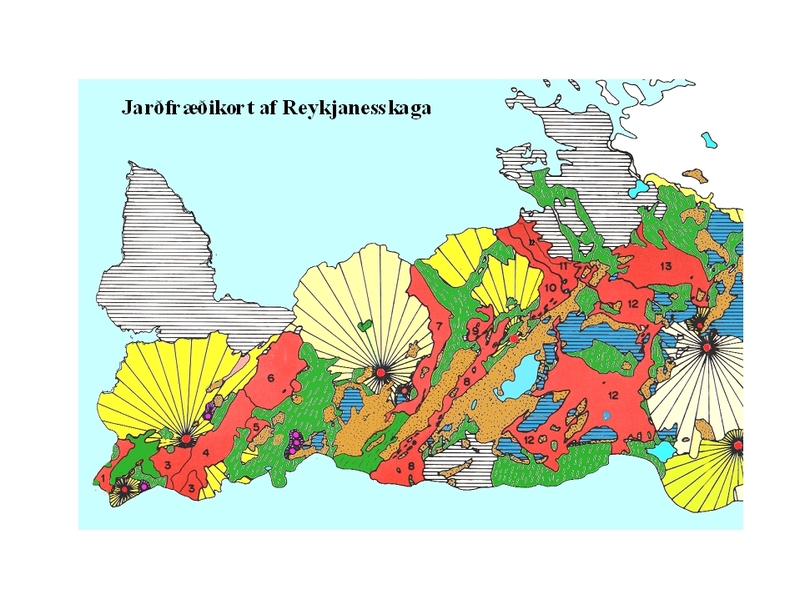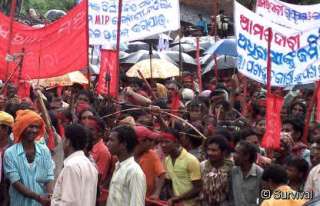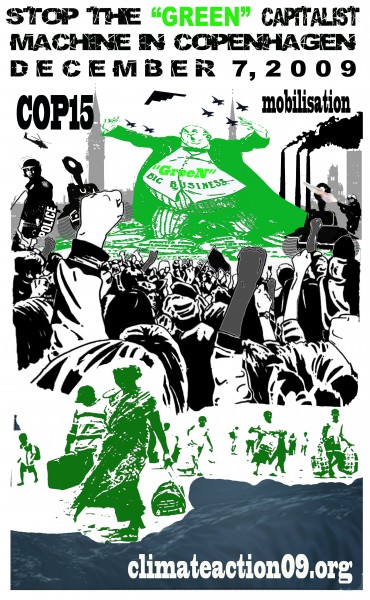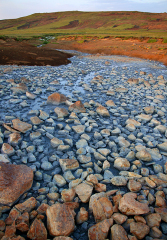Orkuveita Reykjavíkur (Reykjavík Energy Company) has lowered the value of a deed issued when Magma Energy bought the companies stocks in H.S. Orka (geothermal energy company). In a statement from OR it states that a lovering of the deed values was made to be in unison with international acounting standards.
Sigrún Elsa Smáradóttir, representative of the Social Democratic Union party in the board of OR announced that the estimated loss because of the stock trade is going to be 4 billion ISKR. There’s reason to believe that the value of the deeds Magma issued is overestimated as well, which will see even further loss come from the sale.
There was huge opposition against the sale from the start and the at the City Council meeting where the voting for the sale took place about 100 people demonstrated and shouted in protest from the balconies. Read more about this here and here.
The majority of the City Council spoke strongly for the sale and the profits that it would reap them, claiming the value to become 6.31 a stock. But the miniorities overlooked critique of the ridiculous loaning agreement has already proven to be true. The 3rd quarter accounts prove this and show that the stock value has fallen to 5.4.

 Last Saturday, November 21st, Jóhanna Sigurðardóttir, Iceland’s prime minister and the head of Samfylkingin (social democratic populist party), said that she is completely sure that all hindrances that could possibly stand in the way of the construction of Suðvesturlína (electricity lines) will be removed as soon as possible. Suðvesturlína is supposed to transport energy from the Hellisheiði geothermal powerplant (south of Reykjavík) and other energy sources to the Reykjanes peninsula, e.g. to run Century Aluminum’s new 360 ton smelter, which is currently being built in Helguvík.
Last Saturday, November 21st, Jóhanna Sigurðardóttir, Iceland’s prime minister and the head of Samfylkingin (social democratic populist party), said that she is completely sure that all hindrances that could possibly stand in the way of the construction of Suðvesturlína (electricity lines) will be removed as soon as possible. Suðvesturlína is supposed to transport energy from the Hellisheiði geothermal powerplant (south of Reykjavík) and other energy sources to the Reykjanes peninsula, e.g. to run Century Aluminum’s new 360 ton smelter, which is currently being built in Helguvík.

 Our climate is not their business! – A lecture and open discussion Monday October 12th in room 102, Lögberg, the University of Iceland, at 16:00.
Our climate is not their business! – A lecture and open discussion Monday October 12th in room 102, Lögberg, the University of Iceland, at 16:00.